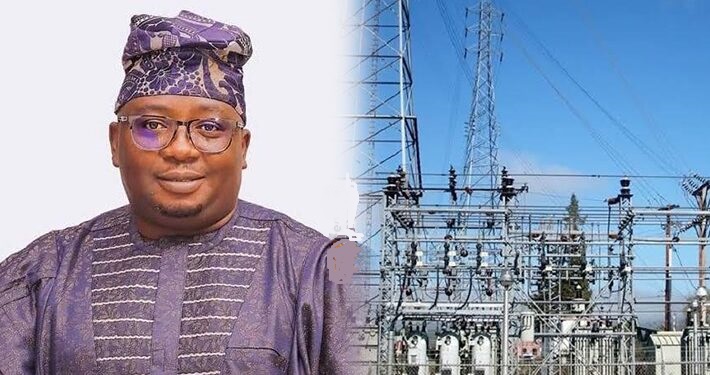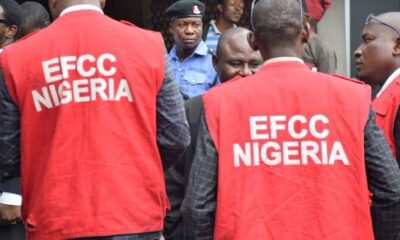News
‘Don’t Pay New Electricity Tariffs’ – Minister Of Power Advises Nigerians
Minister of Power, Adelabu, has advised Nigerians against paying the new electricity tariffs if their actual service does not align with the promised hours in their electricity bands.

Minister of Power, Adelabu, has advised Nigerians against paying the new electricity tariffs if their actual service does not align with the promised hours in their electricity bands.
Addressing the Senate Committee on Power, he noted the government might need to spend N2.9 trillion on subsidies if tariffs aren’t adjusted.
The session also delved into the legality and fairness of reclassifying customers into new billing bands.
The Minister of Power, Adebayo Adelabu, has instructed Nigerians not to pay the new tariffs if their electricity supply does not match the hours promised under their respective electricity bands.
Speaking before the Senate Committee on Power during an investigative hearing on the proposed tariff hike by eleven electricity distribution companies, Minister Adelabu emphasized that customers in Band A should only pay the new rate if they receive at least 20 hours of electricity per day.
Minister Adelabu reassured that the government’s new policy aims to rescue and stabilize the struggling sector, although he acknowledged the temporary pain it might cause to consumers.
Senator Eyinnaya Abaribe, chair of the committee, questioned the methodology used to reclassify customers from the traditional Residential (R1, R2, R3), Commercial (C1, C2), and Demand (D1, D2) categories into new bands.
He inquired whether the reclassification was legally compliant and how it accounted for regional differences, pointing out the legal requirement for equitable power distribution.
This session comes after the Nigerian Electricity Regulatory Commission (NERC) raised the tariffs for Band A customers from N68/KWh to N225/kWh, adjusting the service expectations to between 20-24 hours of daily electricity for Band A, 16-20 hours for Band B, and 12-16 hours for Band C.
The government’s stance suggests a significant shift towards holding electricity providers accountable for service quality before enforcing tariff hikes.























